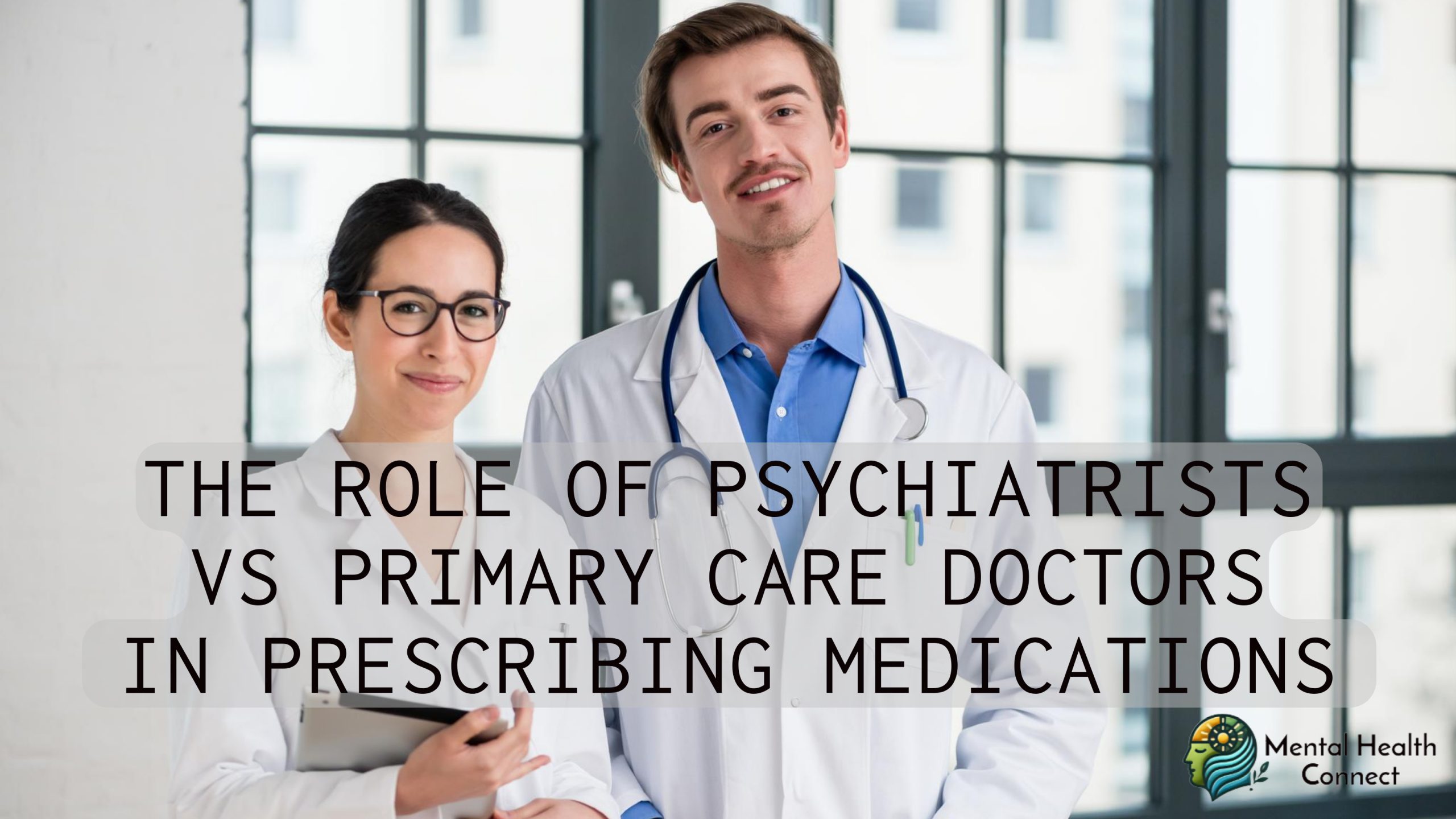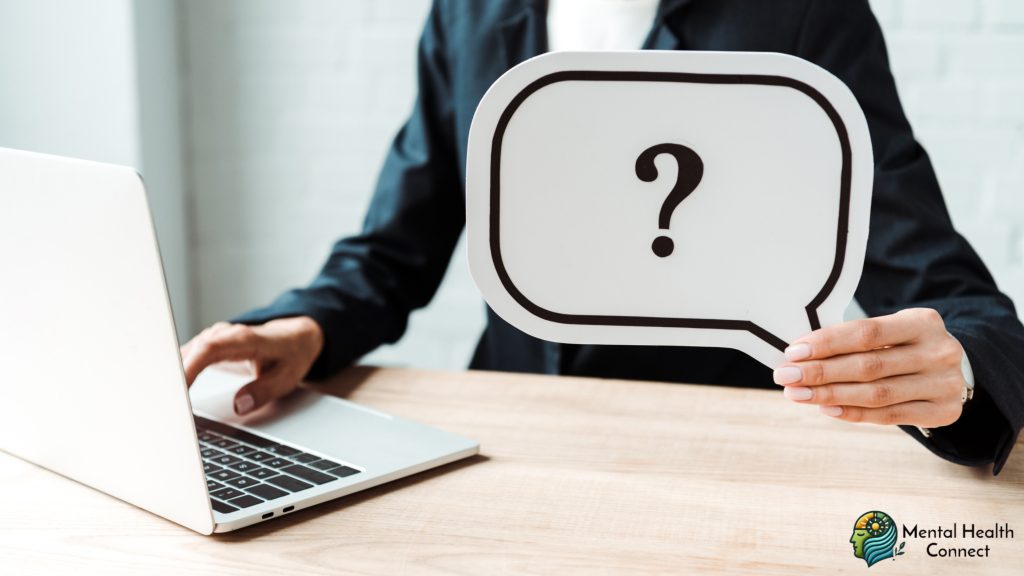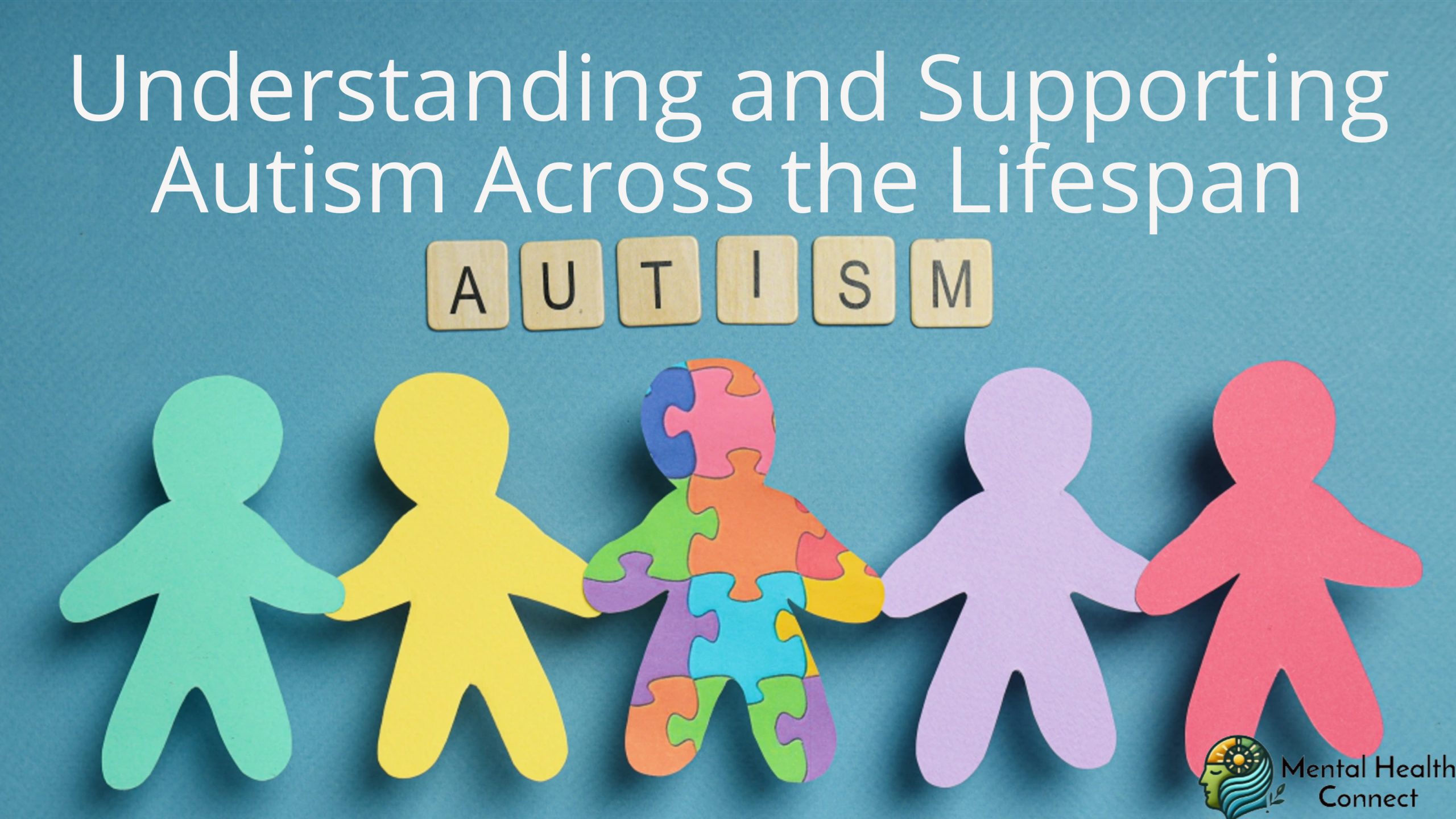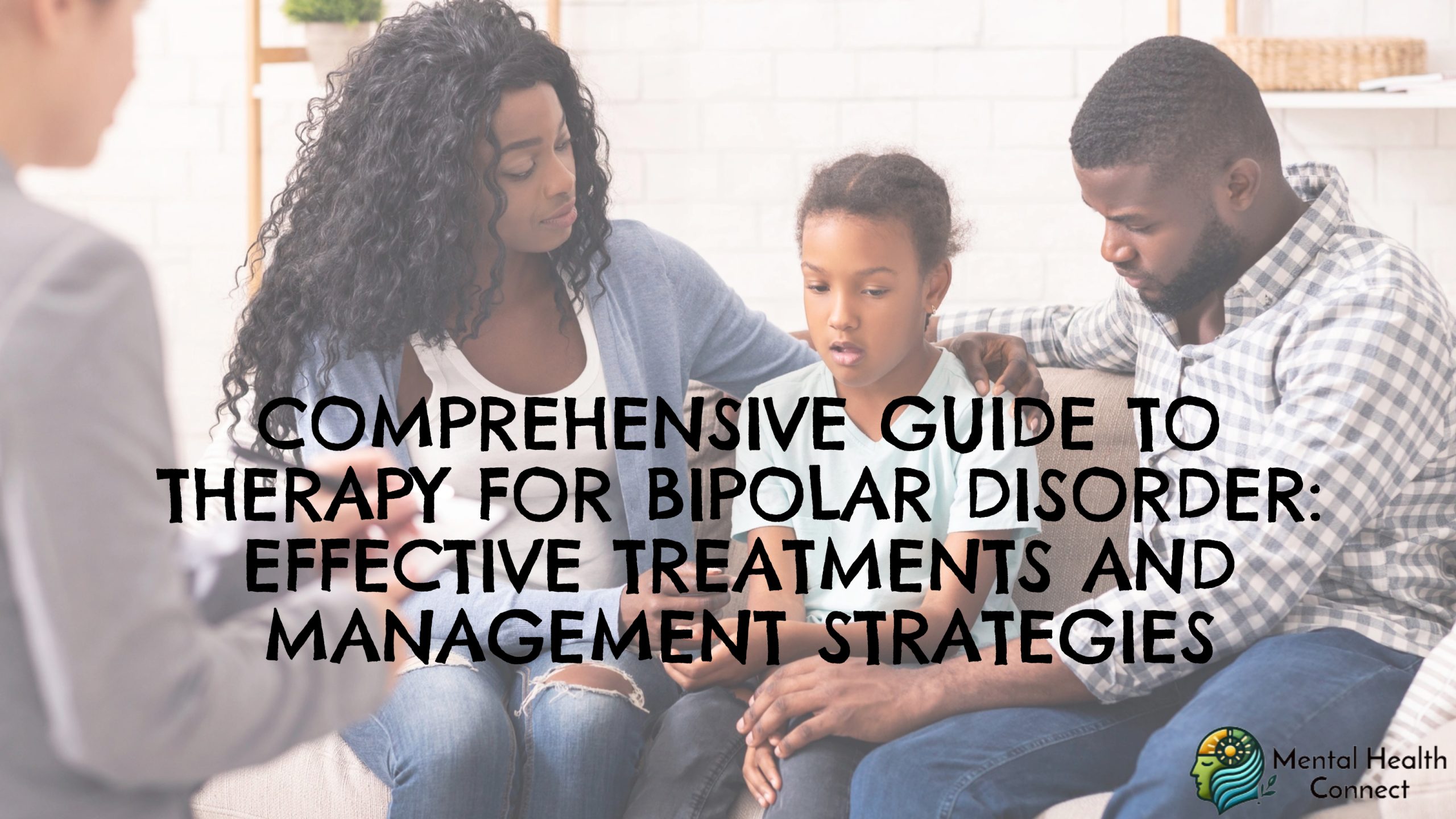The Role of Psychiatrists vs. Primary Care Doctors in Prescribing Medications

Mental health medication management occurs at an interesting intersection in healthcare. While primary care physicians prescribe the majority of psychiatric medications in the United States, psychiatrists offer specialized expertise for complex cases. Understanding when to see each provider type can significantly impact treatment outcomes and patient experience. This comprehensive guide explores the roles of each provider and helps you determine the best option for your needs.
The Current Landscape of Mental Health Prescribing

Today’s reality reflects both the prevalence of mental health conditions and the shortage of psychiatric specialists:
- Primary care physicians (PCPs) prescribe approximately 60-80% of all psychiatric medications
- Most patients with depression or anxiety initially seek treatment from their PCP
- Wait times for psychiatrists can range from weeks to months in many areas
- The mental health provider shortage particularly affects rural communities and certain urban areas
This distribution of care raises important questions about treatment quality, appropriate referrals, and optimal management strategies.
Primary Care Physicians as Mental Health Providers

Strengths of PCP Mental Health Management
PCPs bring several important advantages to mental health treatment:
- Established relationships with patients that often involve trust and familiarity
- Knowledge of the patient’s complete medical history and other medications
- Greater accessibility with typically shorter wait times
- Regular follow-up opportunities during routine visits
- Ability to address physical health concerns that may contribute to mental health symptoms
- Reduced stigma for patients uncomfortable seeing a mental health specialist
Common Conditions Managed by PCPs
Primary care physicians typically manage:
- Mild to moderate depression
- Generalized anxiety disorder
- Adjustment disorders
- Sleep disturbances
- Some cases of ADHD in adults
- Maintenance treatment for stable conditions initially diagnosed by specialists
Psychiatric Specialists’ Role in Medication Management

The Psychiatrist’s Expertise
Psychiatrists offer specialized training and focus that enhance treatment in several ways:
- Advanced diagnostic assessment using specialized tools and evaluation methods
- Deeper knowledge of psychopharmacology including mechanisms, interactions, and side effect management
- Experience with complex psychiatric presentations and comorbidities
- Familiarity with less commonly used medications and treatment strategies
- Integration of psychological understanding with medication management
- More frequent follow-up specifically focused on mental health status
When Psychiatric Referral Is Recommended
Psychiatric care is particularly valuable for:
- Complex or treatment-resistant conditions
- Unclear or complicated diagnoses
- Conditions requiring medications with significant risk profiles
- Patients with multiple psychiatric conditions
- Medication regimens requiring multiple psychotropic medications
- History of adverse medication reactions or treatment failures
- Conditions like bipolar disorder, schizophrenia, and complex PTSD
Collaborative Care Models: The Best of Both Worlds
How Integrated Care Works
Increasingly, healthcare systems are implementing collaborative care models that leverage the strengths of both provider types:
- Regular communication between PCPs and psychiatric consultants
- Shared electronic health records with treatment plans visible to all providers
- Care managers who coordinate between specialists and primary care
- Measurement-based treatment with regular assessment of outcomes
- Stepped care approaches that escalate treatment intensity as needed
Research consistently shows collaborative care models improve outcomes while controlling costs.
Making the Decision: Which Provider Is Right for You?

Factors to Consider
When deciding between a PCP and psychiatrist, consider:
- Condition complexity and severity: More complex conditions generally benefit from specialist care
- Treatment history: Multiple medication trials or past adverse reactions suggest specialist involvement
- Medical comorbidities: Complex medical issues alongside mental health concerns may benefit from coordinated care
- Access considerations: Provider availability, insurance coverage, and geographic location
- Personal preference: Some patients prefer the continuity of PCP care, while others value specialized focus
Questions to Ask Your Current Provider
Consider discussing these questions with your primary care doctor:
- Given my specific symptoms and history, would I benefit from psychiatric consultation?
- What’s your experience treating my particular condition?
- What would prompt you to recommend specialist care?
- How will we determine if my treatment is working adequately?
- What options exist if initial treatments aren’t effective?
The Referral Process: What to Expect
Bridge Prescribing
When transitioning between providers:
- PCPs often provide “bridge prescriptions” during the wait for psychiatric appointments
- Current medications are typically continued until specialist evaluation
- Documentation of treatment history helps inform the specialist’s assessment
- Communication between providers ensures continuity of care
Making the Most of Specialist Consultation
To maximize the value of psychiatric consultation:
- Bring a complete medication history including past trials and responses
- Prepare specific questions about your diagnosis and treatment options
- Consider bringing a trusted person who can provide additional perspective
- Be prepared to discuss both physical and psychological symptoms
- Clarify the expected follow-up plan including who will manage prescriptions long-term
Special Considerations for Specific Populations
Children and Adolescents
Pediatric mental health prescribing involves additional considerations:
- Child and adolescent psychiatrists have specialized training in developmental aspects of mental health
- PCPs may have varying comfort levels with pediatric mental health medication
- More limited FDA approvals exist for younger age groups
- Monitoring requirements may be more intensive for youth
- School coordination is often an important component of care
Older Adults
Geriatric mental health presents unique challenges:
- Medication sensitivity often increases with age
- Drug interactions become more common with polypharmacy
- Some symptoms may overlap with medical conditions
- Cognitive factors may affect medication adherence
- Psychiatrists with geriatric training offer specialized expertise
The Future of Mental Health Medication Management
Emerging Models and Technologies
The landscape continues to evolve through:
- Telepsychiatry expanding access to specialist care
- Pharmacogenetic testing potentially guiding medication selection
- Increased training in mental health for primary care residents
- Integration of behavioral health consultants in primary care settings
- Development of clinical decision support tools for non-psychiatric providers
Both primary care physicians and psychiatrists play vital roles in mental health treatment. Rather than viewing them as competing options, consider how they might work together to optimize your care. The best provider choice depends on your specific condition, treatment history, personal preferences, and available resources. Open communication with your current healthcare providers about these considerations ensures you receive the most appropriate level of care for your needs.
Common Questions About Mental Health Provider Selection
Can my primary care doctor prescribe the same medications as a psychiatrist?
Primary care doctors can legally prescribe most psychiatric medications. However, some medications with high risk profiles or specialized monitoring requirements may be managed more commonly by psychiatrists.
Will insurance cover both types of providers?
Most insurance plans cover both primary care and psychiatric visits, though coverage details, copays, and prior authorization requirements may differ. Some psychiatrists operate outside insurance networks, potentially increasing out-of-pocket costs.
What if I don’t feel comfortable discussing mental health with my regular doctor?
While many PCPs are well-trained in addressing mental health concerns, patient comfort is essential for effective treatment. If you prefer discussing these issues with a specialist, requesting a referral to a psychiatrist is entirely appropriate.
Can I see both providers simultaneously?
Yes, many patients benefit from having both a PCP managing general health and a psychiatrist overseeing psychiatric medications. Clear communication between providers is essential in this arrangement.
How long will I need to continue medication follow-ups?
Follow-up frequency and duration vary based on your condition, medication stability, and provider preferences. Initially, appointments may be frequent (every few weeks), typically becoming less frequent (every few months) once stabilized on medication.



Leave a Reply